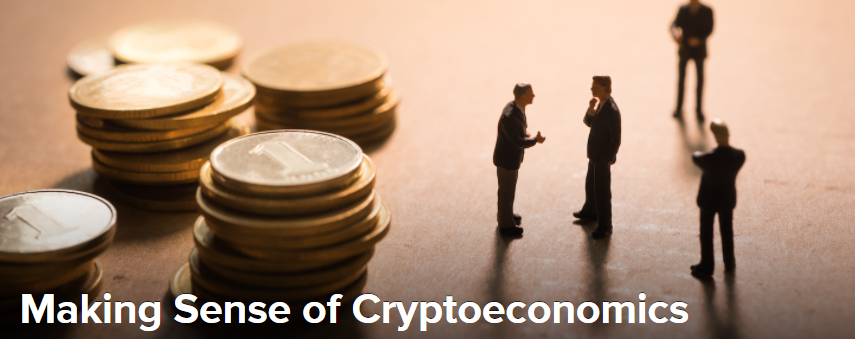Cloud Giant Salesforce Unveils First Blockchain Product for Business

Salesforce, the leading provider of cloud solutions for business management, revealed its own blockchain solution today built on the Hyperledger Sawtooth platform. Executives made the announcement at the company’s tech conference, TrailheaDX.
The product, named Salesforce Blockchain, is “a low-code blockchain platform that extends the power of CRM (client relations management).” The company says that the solution helps users build and maintain blockchain networks, apps and smart contracts, allowing them to “create and share blockchain objects in the same process as any CRM data object — with clicks, not code,” according to Salesforce’s press release.
Low-code is a framework that allows for drag-and-drop programming for complex apps and is gaining popularity in enterprise businesses.
The solution also helps integrate blockchain data into sales forecasts and predictions, integrate other existing blockchains with Salesforce, and “add third parties to their blockchain with a few clicks,” the company said.
Salesforce also named the three first clients that are testing the product right now. One of them is the research data company IQVIA, which is exploring the tech to track and validate medical drug labels. Another one, ratings agency S&P Global, is looking into how the solution can speed up the review and approval of new business bank accounts.
Chris Heusler, global chief commercial officer at S&P Global Ratings, said in a statement:
“Leveraging Salesforce Blockchain, S&P Global Ratings has created a trusted network of reviewers, where everyone can work from a shared, transparent and auditable review process — completely reinventing and expediting how we do KYC reviews for our customers.”
The third partner, Arizona State University, is testing tracking academic records on the blockchain.
“This network has the potential to be a game changer for integrated, seamless learning — increasing transparency of student achievements and ultimately making the exchange process of academic records easier for both learners and institutions,” Kent Hopkins, vice president of enrollment at Arizona State University, said in a release.
While currently only selected clients are able to try out Salesforce’s blockchain solution, it should be generally available in 2020, the company said.
A year of exploration
Salesforce first announced its blockchain plans at TrailheaDX a year ago when the company’s CEO Marc Benioff told Business Insider he had been thinking about the idea since the World Economic Forum in Davos that January. At the forum, an attendee approached Benioff and suggested Salesforce should apply the technology in its offerings. Benioff said he was intrigued by the idea.
“And it’s like you know if you did this, this and this you could add blockchain and cryptocurrencies into Salesforce… And I’m like ‘wow’ and that’s kind of how it works,” Belioff said, according to Ledger Insights.
Earlier, Salesforce partnered with the blockchain startup Dapps.ai, which in May 2017 announced the release of a product allowing users to integrate the Salesforce system with the Hyperledger, ethereumand bitcoin blockchains, Ledger Insights reported.
This April, Salesforce announced that it had joined the Blockchain Research Institute (BRI), the global blockchain think tank with participants like Microsoft, IBM, the Bank of Canada, PepsiCo, Raiffeisen Bank, Polymath and others.
In November, Salesforce secured a patent for a blockchain system designed to filter spam and check if emails are changed or otherwise tampered with after being sent. “Used properly, the immutability and distributed nature of the blockchain can make it impossible to modify information once it has been committed to the blockchain,” the patent said.
On May 23, the company published a blockchain primer for the readers of its corporate blog, describingthe basic principles of the technology and use cases like money transfers, medical record storage, and supply chain management. It also explained what benefits the blockchain tech can bring to the fields Salesforce is focused on, like customer relationship management.
“Blockchain is a technology that promises to fundamentally change how we share information, buy and sell things, and verify the authenticity of information we rely on every single day — from what we eat to who we say we are. And because it can facilitate all of this in secure, efficient, and transparent ways across many different domains, the effects can be transformative — every business, government, and individual can benefit,” the blog post said.
Salesforce image via Shutterstock











Responses